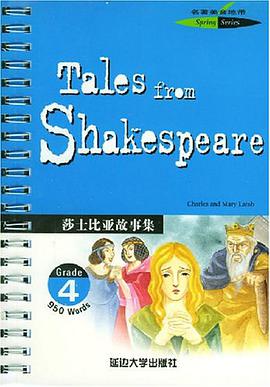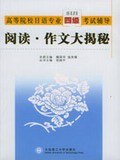

Why do spies have such cachet in the twentieth century? Why do they keep reinventing themselves? What do they mean in a political process? This book examines the tradition of the spy narrative from its inception in the late nineteenth century through the present day. Ranging from John le Carre's bestsellers to Elizabeth Bowen's novels, from James Bond to John Banville's contemporary narratives, Allan Hepburn sets the historical contexts of these fictions: the Cambridge spy ring; the Profumo Affair; the witch-hunts against gay men in the civil service and diplomatic corps in the 1950s. Instead of focusing on the formulaic nature of the genre, Intrigue emphasizes the responsiveness of spy stories to particular historical contingencies. Hepburn begins by offering a systematic theory of the conventions and attractions of espionage fiction and then examines the British and Irish tradition of spy novels. A final section considers the particular form that American spy narratives have taken as they have cross-fertilized with the tradition of American romance in works such as Joan Didion's Democracy and John Barth's Sabbatical. "Intrigue is a masterful work - a learned, insightful, and elegant account of a significant genre of twentieth century fiction. It will certainly be read for decades to come and will be an indispensable reference for any future study of spy fiction." Pericles Lewis, Yale University "Intrigue, informed by wide reading in espionage literature, history, political and cultural theory, is literary and ideological criticism of the most sophisticated and nuanced kind." Maria DiBattista, Princeton University
具体描述
读后感
用户评价
相关图书
本站所有内容均为互联网搜索引擎提供的公开搜索信息,本站不存储任何数据与内容,任何内容与数据均与本站无关,如有需要请联系相关搜索引擎包括但不限于百度,google,bing,sogou 等
© 2025 onlinetoolsland.com All Rights Reserved. 本本书屋 版权所有




















